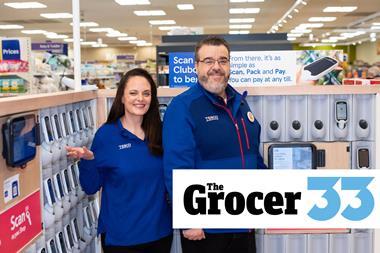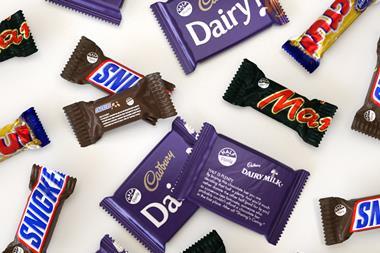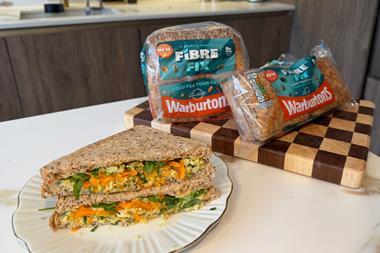In my time as retail controller of the Co-operative Wholesale Society (CWS) I was a member of an internal body called the Consumers Issues Group, which included some real modern-day Co-operative pioneers, among them Bill Shannon, John Bowes, Wendy Wrigley. As a consumer-owned business, the agenda was quite clear: what concerns did our members/shareholders have with regard to how their business was being operated and run?
The Co-op’s Responsible Retailing campaign was launched in 1995, following a survey of more than 30,000 consumers. The message was resounding: shoppers want to make informed purchasing decisions based on concerns about animal welfare, the environment and a healthy diet, and over the next eight years a number of high-profile Co-op reports were published, from ‘The Plate of the Nation’ through to ‘Food Crimes’.
As a unique consumer-owned retailer, The Co-op has a duty to serve consumers, not the industry or the City. Even I, as a plc and multiple-trained retailer, could see that, delivered effectively, this was a strong point of difference and could give the business a competitive edge.
”The Co-operative Group has become a follower, not a leader”
These reports were not universally welcomed in the industry because we were raising issues that involved food safety, food integrity, labelling, animal welfare, globalisation, environment and sustainability.
So now in 2012, which retailers are prepared to take the same hard-hitting approach? The Co-op Group has now become a follower not leader, although the bees are being saved. Marks & Spencer has had some good campaigns, for example highlighting in store that labelling of salt as sodium is still an issue for clarity. Congratulations too to Sainsbury’s for the brave move of trialling stores that have tobacco removed from sale. I remember that back in 1997 John Bowes raised the issue regarding the sale of health-damaging tobacco products in our stores and how the retail industry would have to tackle it.
I have never been in favour of banning or boycotting products. My view was and still is that as retailers we should allow the consumer to choose, but clear, concise and honest labelling is crucial to help them make those informed choices.
One last thought on the subject: why is it that some of the categories under fire for damaging the nation’s health, such as alcohol and tobacco, are all low margin and keenly priced and healthy categories such as fruit and vegetables are high margin and therefore priced accordingly?
If we as retailers were serious about helping the nation’s health, should it not be the other way around?



















No comments yet